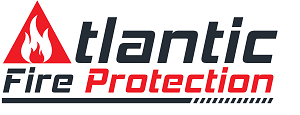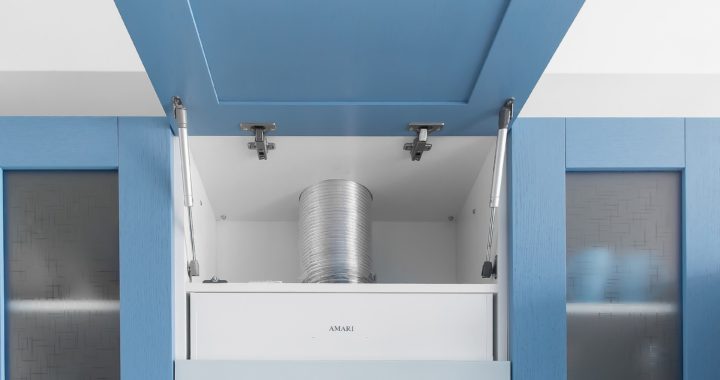Indoor cooking is the method of choice for many people in New Jersey, especially during winter and rainy seasons. While some houses have a backyard area for grilling, indoors is where most cooking is done each year. It is rare to see people in their backyards cooking every day because this is an area saved for barbecues and get-togethers with friends and family.
Knowing that most time anyone will spend cooking is indoors, this is where the proper kitchen exhaust system comes into play. These exhausts are hooked up to a power source that sucks smoke and keeps your home safe from sparks and other fumes caused by cooking. Having a kitchen hood over a stove can save homes from burning down. However, kitchen hoods only work at their best with the regular maintenance done as indicated by the National Fire Protection Association (NFPA).
The NFPA’s Recommendations
Because kitchen hoods are electrically powered and suck up plenty of smoke in each cooking session, it is recommended to clean these exhaust systems regularly. The number of cleaning sessions needed is relative to how often you cook and to what degree.
For solid fuel cooking that is heavy on use each day, a monthly cleaning job will ensure proper fire safety. High-volume cooking such as those in fast-food restaurants will need quarterly cleaning. Moderate-volume cooking can use a deep clean twice a year, while low-volume cooking like home-based ranges can make do with an annual clean.
However, take note that the kind of food being cooked will warrant more cleaning as per NFPA’s instructions. Food like beef is heavy on smoke when being grilled, which means the ducts will need cleaning every two weeks for restaurants that use massive amounts of beef products.
Cleaning Never Stops
Remember that after cooking, grease from oils splatters all over the kitchen hood and the range’s surface. When dried up, these can be difficult to clean and can pose health and fire hazards. It is always recommended to clean ranges and stoves after every use, or during closing hours in restaurants.
Running a mild detergent liquid through a spray bottle and wiping down the surfaces should easily clean out gunk and grease. Make sure to pick up food items that have spilled out of cooking pans and pots and dispose of them accordingly.
When it comes to grease extractor filters, you’ll want to clean these regularly by soaking them in a cleaning solution. Scrubbing and scraping are also effective at removing grime. Some kitchen hood filters are washer safe, which means that cleaning these will be much easier.
Cleaning a range will ensure proper fire safety and better sanitation due to less bacterial buildup.
Duct Cleanliness Is Important
Ducts are responsible for leading smoke out of the kitchen. When these turn black because of soot and smoke, this can be hazardous to health. When conducting regular cleaning, a power washer is best for an effortless strip down and a deep clean. Your local contractor is equipped to clean out any dirt and grime deep into the duct system, as this takes skill and experience.
By ensuring that all parts work correctly, everything is clean, and that the electricals are in great shape, you’ll provide the best fire safety for your kitchen.
Conclusion
Cooking isn’t just about firing up your stove and forgetting about it once you’re done. It generates plenty of smoke as fires heat up ingredients, so ensure that your home or restaurant continuously monitors your kitchen components. When working with flames or heat, fire protection must be at its most optimal to reduce risks and threats.
Atlantic Fire Pro is a premium fire suppression installation company in New Jersey that deals with the field of kitchen activity, fire extinguisher products, and other emergency fire systems. Contact us to know more about our services and available fire protection essentials.

